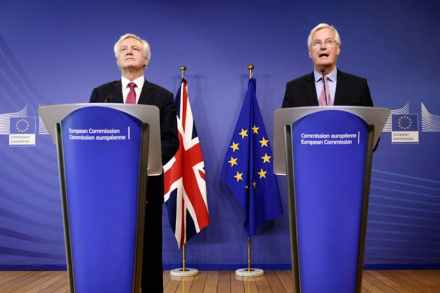Bending London’s listing rules to win Saudi favour smacks of desperation
Now here’s a tricky question. The world’s largest oil company, potentially worth six times as much as ExxonMobil and ten times as much as Royal Dutch Shell, wants to list its shares on a major stock exchange next year, and has indicated that the choice is between London and New York. The company’s initial public offering of just 5 per cent of its shares promises a $100 billion deal that will generate a fee bonanza for bankers, lawyers and PR men in the chosen marketplace, with several more tranches to come. Clearly London should go all-out to win this lucrative and prestigious piece of business, which would reconfirm the City’s





















